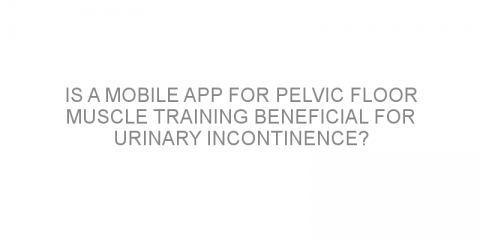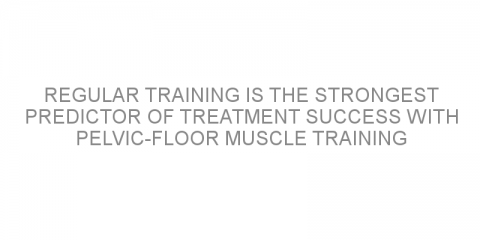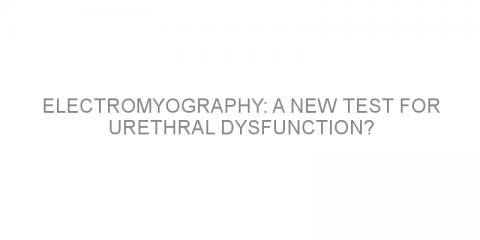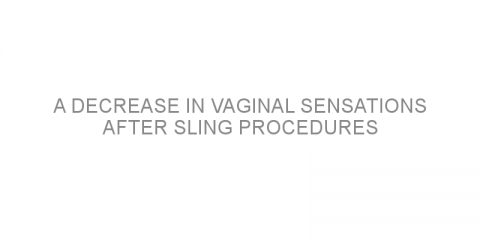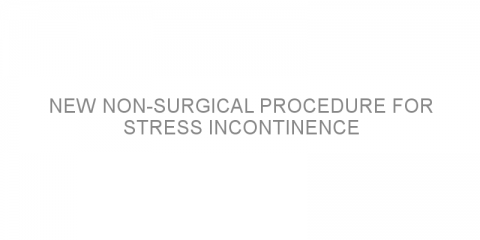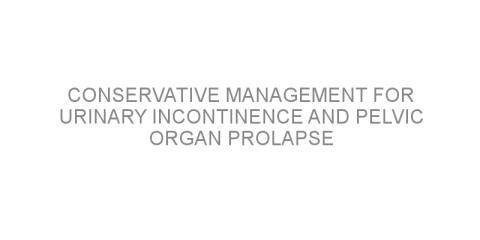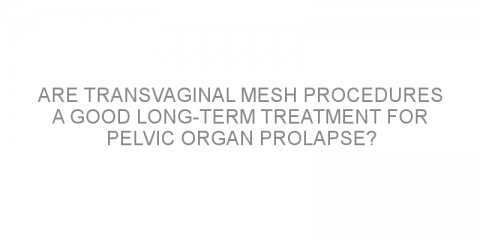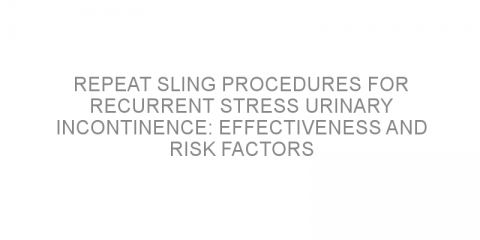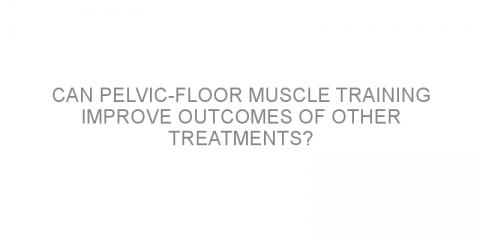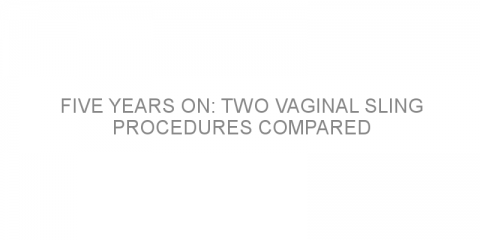In a nutshell This study examined whether a mobile app for pelvic floor muscle training was beneficial for women with stress urinary incontinence (SUI). Researchers concluded that mobile app use for 3 months was effective in improving SUI symptoms and quality of life. Some background It has been estimated that SUI (urine leakage with exercise,...
Read MoreType of incontinence-Stress incontinence Posts on Medivizor
Does depression impact treatment outcomes of vaginal sling procedures?
In a nutshell This study examined the link between depression and treatment outcomes of vaginal sling procedures. Researchers reported greater improvements in urinary incontinence symptoms, quality of life, and sexual function after surgery in women with depression. Some background Vaginal sling procedures are currently the most common type of...
Read MoreRegular training is the strongest predictor of treatment success with pelvic-floor muscle training
In a nutshell This study investigated what can predict treatment success of pelvic-floor muscle training (PFMT) for stress urinary incontinence. Authors reported that short-term result, regular PFMT training and older age can predict treatment success with PFMT at 1 year. Some background Stress urinary incontinence affects between 10 and 35% of...
Read MoreElectromyography: A new test for urethral dysfunction?
In a nutshell This study investigated the effectiveness of electromyography (a minimally invasive imaging technique) in detecting urethral dysfunction. Researchers concluded that a single electromyography exam of the urethral sphincter muscles can identify urethral dysfunction in women. Some background Stress urinary incontinence is often caused...
Read MoreA decrease in vaginal sensations after sling procedures
In a nutshell This study evaluated sensory changes in the vaginal region after a vaginal sling procedure. Researchers reported a decrease in clitoral and vaginal sensations among women undergoing sling procedures. Some background Vaginal sling procedures are the most common type of surgery for stress urinary incontinence. Tension-free...
Read MoreNew non-surgical procedure for stress incontinence
In a nutshell This study examined the safety and effectiveness of the Vesair balloon procedure in reducing involuntary urine leakage in women with stress urinary incontinence. Researchers concluded that the Vesair balloon procedure is a safe and effective alternative treatment option for stress urinary incontinence. Some background Stress urinary...
Read MoreConservative management for urinary incontinence and pelvic organ prolapse
In a nutshell This review evaluated recent recommendations regarding first-line treatments for urinary incontinence and pelvic organ prolapse. Authors concluded that recent findings on conservative first-line treatment are promising, but more high-quality evidence is needed. Some background Urinary incontinence and pelvic organ prolapse are both...
Read MoreBulking injections effective even after radiotherapy
In a nutshell This study examined the effects of polyacrylamide hydrogel (Bulkamid) in treating stress urinary incontinence in women that have undergone radiotherapy to the pelvic region. Researchers concluded that polyacrylamide hydrogel injections were safe and effective for the treatment of severe incontinence, regardless of previous radiotherapy...
Read MoreAre transvaginal mesh procedures a good long-term treatment for pelvic organ prolapse?
In a nutshell This study evaluated the long-term effects and safety of transvaginal mesh procedures. Researchers concluded that transvaginal mesh procedures are associated with moderate long-term physical repair of pelvic organ prolapse. Some background Transvaginal mesh procedures involve the implantation of a net-like structure through the...
Read MoreRepeat sling procedures for recurrent stress urinary incontinence: Effectiveness and risk factors
In a nutshell This study examined the effectiveness of repeat vaginal sling procedures as well as possible risk factors associated with negative surgical outcomes. Researchers concluded that a repeat vaginal sling surgery is an effective treatment option for women who continue to experience incontinence after the first sling procedure. Some...
Read MoreCan pelvic-floor muscle training improve outcomes of other treatments?
In a nutshell This study evaluated a possible benefit of combining pelvic-floor muscle training with other active treatments used for urinary incontinence. Researchers concluded that there is not enough evidence to support, or refute, a benefit of adding pelvic-floor muscle training to other active treatments. Some background Pelvic-floor...
Read MoreFive years on: Two vaginal sling procedures compared
In a nutshell This long-term study compared two surgical techniques used to treat stress urinary incontinence in women. Researchers concluded that the transobturator tape (TOT) surgery is, overall, as safe and effective as the current standard-of-care. Some background Vaginal sling procedures are the most common type of surgery used to help...
Read More
